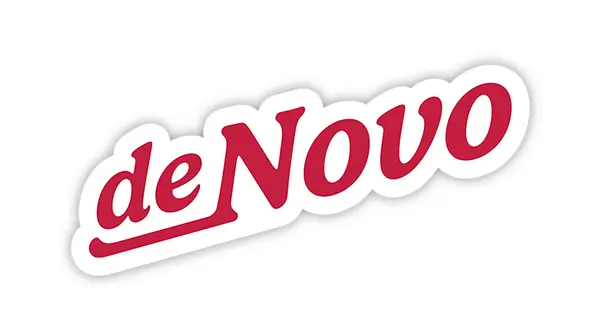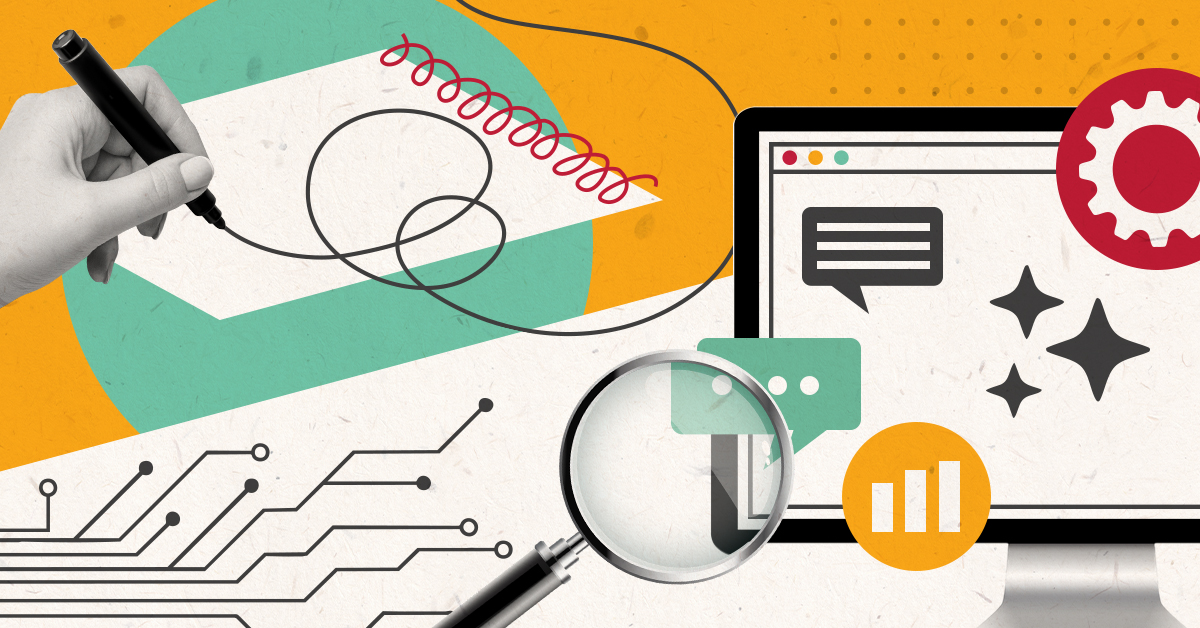AI is just another evolution.
How’s that sound to you?
Given the hype around AI (Is it a game changer? Is it a job killer?) and how it’s permeated many aspects of our lives, I think about the history of the digital age, and what each iteration has meant for not just the marketing and advertising industry, but society as a whole.
We've Been Here Before
It’s about every 10 years that a major technology breaks through and there are major and minor disruptions throughout history.
Thinking back (Ahem, I was not alive) to the introduction of the transistor and the development of the initial computing systems of the mid-20th century to the development of the world-wide web and how search killed the phone book—each evolution brought threat and promise to the generations in front of and behind the technology.
As we look at how AI will shape the future and the flurry of podcasts and articles (including this one) talking about the effects AI will have on jobs, it reminds me of the dire warnings of “Web 2.0,” which was a “get on board or get run over” theme for a while about a decade ago. In the end, Web 2.0 was just another evolution in how we want to not just receive or read information, but how we want to interact with it.
AI is a similar adaptation. For the consumer, it makes search more conversational. For businesses, it makes data, automation, workflows, and coding more accessible. Does it come with drawbacks? Uh, yeah. There is no doubt about that. It is exponentially creating misinformation spread by bad actors, floods our feeds with slop, and erodes our trust in the truth.
It pulls from artistic and creative works that are the bread and butter of artists, authors, and institutions and doesn’t compensate them or drive traffic to their sites.
Sounds pretty bad, right?
When Real Becomes Rare, We'll Crave Authenticity
But the immunities are also beginning to kick in. People are beginning to see the difference between AI-generated images and products and real items. Google is going to have to figure out how to make its search function better or lose its market share of advertising and SEM dollars. As we study how this impacts human behavior, I am doubling down on my previous predictions about the continued development of robust personal “bullshitometers.”
It’s never been more important to have good taste. Frankly, it’s now a superpower. And it goes beyond discerning AI-generated content from human-created work. There’s also a lot of copying in our climate (from machines and humans alike), between trend-chasing and general laziness. Resisting the urge to do what everyone else is doing and carefully curating what you create, support, and purchase will become paramount for companies, organizations, customers, and the general public.
My mid-2025 prediction is that AI will slowly lose its boogeyman status, show more of its inherent flaws, and cynicism will embolden consumers to choose authenticity. We’re counting on what matters, and we’ll study it in the coming months to help guide our own clients. Authenticity can be supported—but not replaced—by AI. My bet is that consumers will choose reality over failed expectations when it comes to AI in advertising.
And remember, AI is trained in what has already happened. It thinks but doesn’t feel. It’s REALLY good at pulling research, compiling information, and organizing it all in useful ways. Used correctly, it is a productivity tool that has immense potential.
Combined with true creative and ingenuity, it can help brands drive authenticity; not by copying what has been done, but by highlighting it and helping brands forge new directions, away from the category status-quo.


